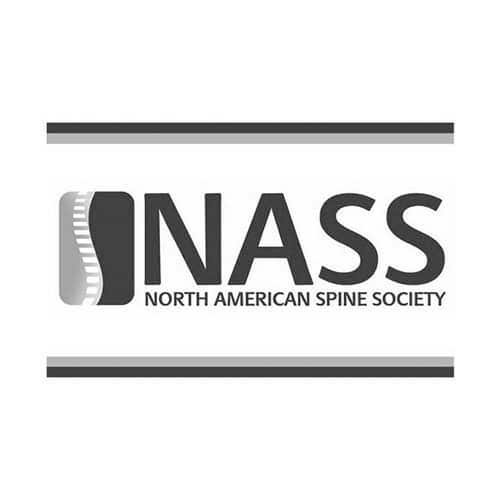Self-management of chronic pain refers to the active role a chronic pain patient takes to manage the physical and mental effects of chronic pain. While chronic pain is often managed professionally, every chronic pain patient takes steps to manage their pain on their own to some level. At Macomb Pain Management, we believe in empowering our patients with the treatment options and skills they need to manage their pain levels as effectively as possible. Let’s take a closer look at some self-management pain skills that empower patients to take an active role in their pain management.
Why Self Management Matters
Several studies have shown that patients who actively self manage their chronic pain have better pain reduction outcomes. A study in the Journal of the American Medical Association found that patients enrolled in structured self management programs reported greater reductions in pain severity, less disability, and fewer depressive symptoms compared to those receiving usual care. Patients who self manage their chronic pain alongside their medical team also report less reliance on powerful medications to ease their pain levels.
Essential Self Management Tools
While there are several different self-management tools for chronic pain, the three most effective ones we have found with our patients are symptom tracking, goal setting, and shared decision making. Symptom tracking benefits patients by allowing their pain and additional symptoms to be monitored throughout different treatment levels. You can easily track your symptoms through a journal or a notes app to share with your doctor throughout your treatment. Goal setting is another powerful self management tool, as setting and reaching incremental goals can drive your progress through a pain management treatment plan. The goal you set for yourself should be reasonable, and care should be taken to avoid pushing your body too hard, as overexertion can result in further injury and setbacks. To set reasonable pain management and lifestyle goals, meet with your treatment provider to ensure your goals are achievable and safe. Shared decision making falls under the same principles as goal setting, allowing you and your doctor to make the best possible choices for you and your care.
Integrating Low Impact Exercise
Several studies have shown that low impact exercises can be an effective way to reduce pain levels. When you exercise, your body releases endorphins that fight pain while building muscle and improving mobility. The key to using exercise as part of a pain management plan is to focus on low impact exercises. Low impact exercises include:
- Swimming
- Tai-Chi
- Yoga
- Pilates
As with every exercise plan, consult your doctor before beginning and always listen to your body.
Practical Steps to Start Your Self Management Journey
With any approach to treating chronic pain with self management treatment options, it is important to start slow and set realistic goals. While starting with an intense exercise plan may be tempting, this can be unrealistic. Consistency is key, whether using low impact exercises or journaling your symptoms. Regular check-ins with your doctor to monitor your progress and update your treatment plan are also recommended.
Common Challenges and How to Overcome Them
When starting any pain management treatment plan, facing some challenges in the beginning is normal and common. Patients may deal with motivational issues, potential setbacks, and pain flare-ups before they start to see pain relieving results. These challenges can be addressed by consulting with your doctor regularly and building a strong support system to help you on your journey. It can also help to track your progress, set realistic short and long-term goals, and focus on what you can control.
Contact Macomb Pain Management to Start Your Pain Management Journey Today
Whether you are a new pain patient looking to incorporate self management treatments into your pain management or are looking for more invasive pain treatment options, Macomb Pain Management can help. To start your pain management treatment, contact us today at (248) 844-8281.






